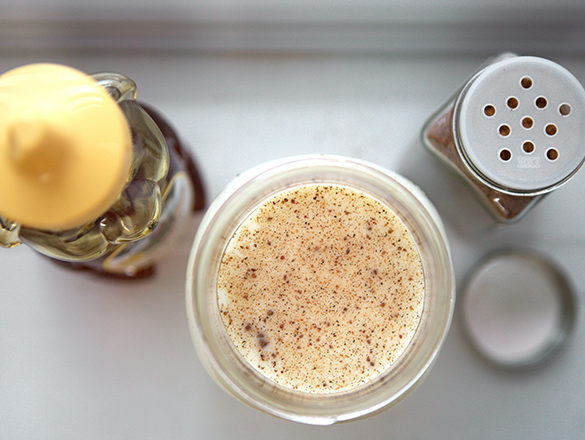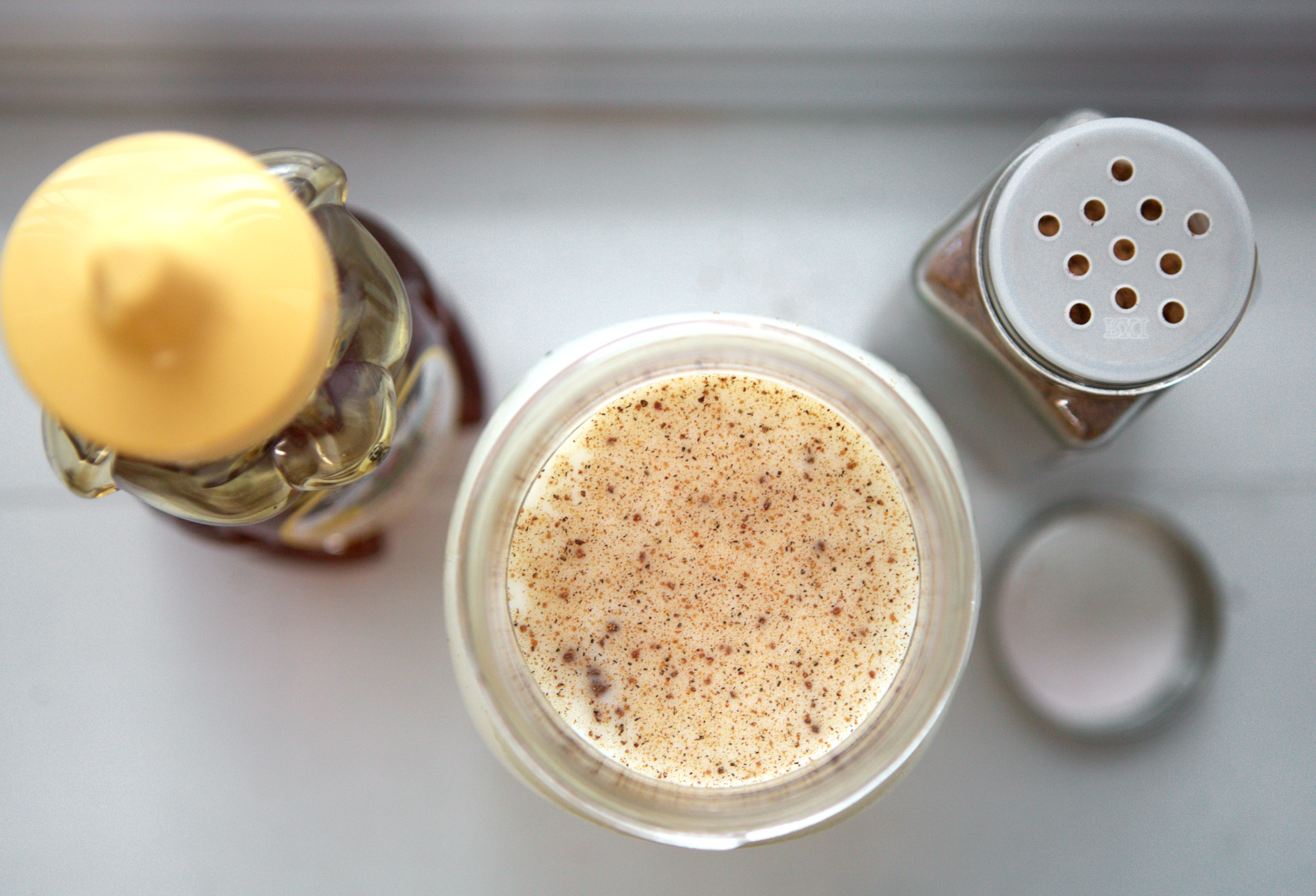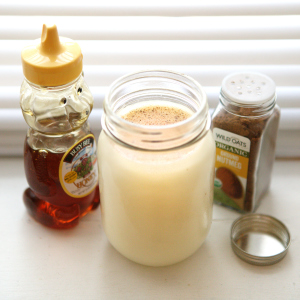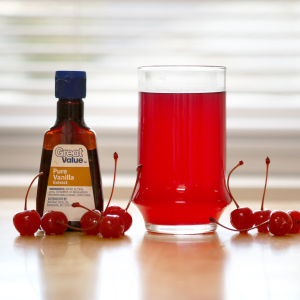[full_width]
[full_width]
[two_third]
“So you need a sleep aid…”
Many sleep studies suggest that we need seven to eight hours of shut-eye each night, but for many college students that’s not always an option. When you pile homework on top of extracurricular activities and a side job, getting a full amount of sleep might be pushed to the bottom of your to-do list. When you finally decide to take a snooze, you may lie awake for hours, unable to turn your busy brain off. So, what now?
According to an article from the Huffington Post, “Colleges Open Their Eyes: ZZZs Are Key To GPA,” an increasing number of college students are reaching for sleep pills like Lunesta, Ambien and ZzzQuil to treat various forms of insomnia.
Ryan Buckley, a junior finance and economics major, finds that sleeping pills are almost a staple in his everyday schedule.
“The sleeping pills definitely help me stay on top of things. If I’m ever the least bit tired, I feel like I’m incredibly inattentive−but in having [the sleeping pills] help[s] me get to bed early, I’m able to wake up around 6:30 [a.m.] no problem and knock the day out,” Buckley says.
Lauren Seifers, senior psychology major, also takes a sleep aid medication, which helps to counteract a different medication she uses to keep her alert and awake during the day.
She was prescribed Desyrel a year ago, and she takes it every night.
“I just have to make sure that the medication I take to help me stay awake wears off before I take the medication to help me sleep, or I’ll be up all night,” Seifers says.
[/two_third]
[one_fourth_last]
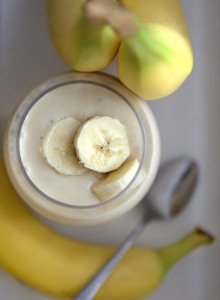
Ingredients:
2 whole bananas
3 cups of ice
7 cups of milk or vanilla yogurt
Directions: Put bananas and milk/yogurt into blender, then add ice last. Blend ingredients together on high for 30 seconds or until smoothie thickens. Enjoy!
[/one_fourth_last]
[/full_width]
[full_width]
[two_third]
Just like other drugs, sleeping pills have potential side effects. With a growing number of students turning to this restless remedy, it’s important to know how your body might react.
As far as prescription sleep aids go, WebMD’s Sleep Disorders Health Center states that the pills usually trigger fewer side effects than over-the-counter, or OTC, medications. These OTC sleep aids are also easier for students to get than other medications that specifically treat insomnia, so it’s crucial to know how they each work.
“Prescription sleeping pills can help a person fall asleep and/or stay asleep longer,” says Julie Sturek, Ball State Health Educator.
However, Sturek cautions people with certain medical conditions, such as liver or kidney disease, to be aware that they are at the most risk for severe prescription pill side effects. OTC sleeping pills usually contain diphenhydramine, an antihistamine. While this drug is most commonly used in allergy medicines, its relaxing effect makes users who have trouble sleeping feel drowsy. On the negative side, it may also cause grogginess the next day.
“OTC medications can work in a pinch, but are generally not good for long-term use,” says Sturek.
Paying attention to your body and how often you find it difficult to fall asleep is key in determining whether you should be talking to a doctor about the possibility of insomnia or grabbing a box of Tylenol PM from the nearest drugstore.
For students who aren’t fans of popping pills, Sturek suggests something as simple as writing out a list of everything that’s stressing you out. Everyday Root suggests sipping on a cup of warm milk and honey. Both can make all the difference in achieving a restful night’s sleep.

College students have irregular sleep schedules. According to a recent article from ABC News, “Stressed Out College Students Losing Sleep,” three out of five students claim to have inconsistent sleep-wake patterns. In addition, 68 percent of those students say their lack of sleep is due to worrying about school.
It’s easy to see why sleep aid medications seem like the best fix; but the important thing to remember is that sleeping pills have their risks, and so does sleep deprivation.
“In the short-term, sleep deprivation can decrease performance and alertness, impair memory and cognitive ability, make a person grumpy, irritable, [have] mood swings [and cause] decreased immunity,” Sturek says.
“Persons experiencing sleep deficiency are also more likely to suffer from chronic diseases such as hypertension, diabetes, depression and obesity, as well as from cancer.”
A June article from USA Today’s “Voices From Campus” column says that the effects of sleep deprivation are equal to binge drinking or marijuana use among students. Those who run on a few hours of sleep each night can easily see a dramatic decline in their academic performance as a result. While the effects of sleep deprivation are varied for students, poor grades, withdrawal from classes and low GPAs are all possible repercussions.
“Lack of sleep impairs your ability to learn, remember and process new facts. Pulling an ‘all-nighter’ to study can defeat the purpose,” Sturek says.
[/full_width]
[one_fourth]
Milk & Honey Drink
Ingredients:
1 glass of milk
2 tsp.’s-1 tbsp. of honey
1/8 tsp.-1/4 tsp. of ground nutmeg (optional)
Directions:
Warm milk, stir in honey.
[/one_fourth]
[one_fourth]
Cherry Juice & Vanilla
Ingredients:
5-8 oz. of tart cherry juice
1-2 drops of vanilla extract
Directions:
Mix these two ingredients then sip on this tasty concoction.
Health educator,
Julie Sturek, shares simple things students can do to sleep better
JOURNAL
Write down your worries before going to bed. Writing down your feelings prevents you from thinking about them as you fall asleep.
QUIT SMOKING
Nicotine is a stimulant that pumps up your heart rate.
STRICT SLEEP SCHEDULE
Maintain a strict sleep schedule and routine. Having fixed times for sleep every day will tell your body when and how to fall asleep.
YOUR BED IS ONLY MEANT FOR SLEEP
Don’t study or do other work on your bed so your body associates your bed with sleep.
MIDNIGHT SNACKING
Don’t eat anything within 2 to 3 hours before going to bed.
EXERCISE REGULARLY
Do not workout not within 2-3 hours of going to bed.
DRINKS BEFORE BED
Do not drink alcohol within three hours of bedtime; while it may make you feel sleepy, it often disrupts your sleep cycles.
NO SCREEN TIME
Avoid surfing the web or watching television immediately before bed.
AVOID CAFFEINE
After 2:00pm. switch to decaff. Don’t go to bed until you are sleepy.
TAKE ACTION
If you have trouble falling asleep get out of bed and go do something to get your mind off your worries. Walk up and down the stairs, pet your dog, look at the stars or read a book.
[/one_fourth]
[/two_third]
[one_fifth_last]
[/one_fifth_last]



